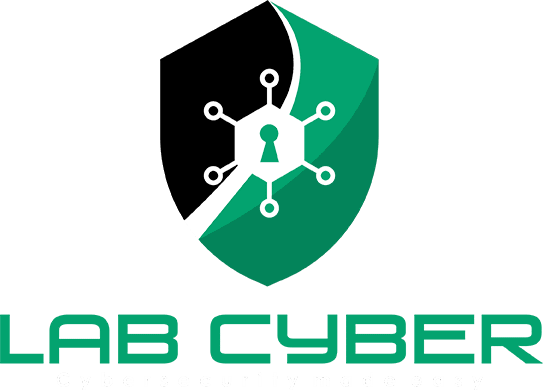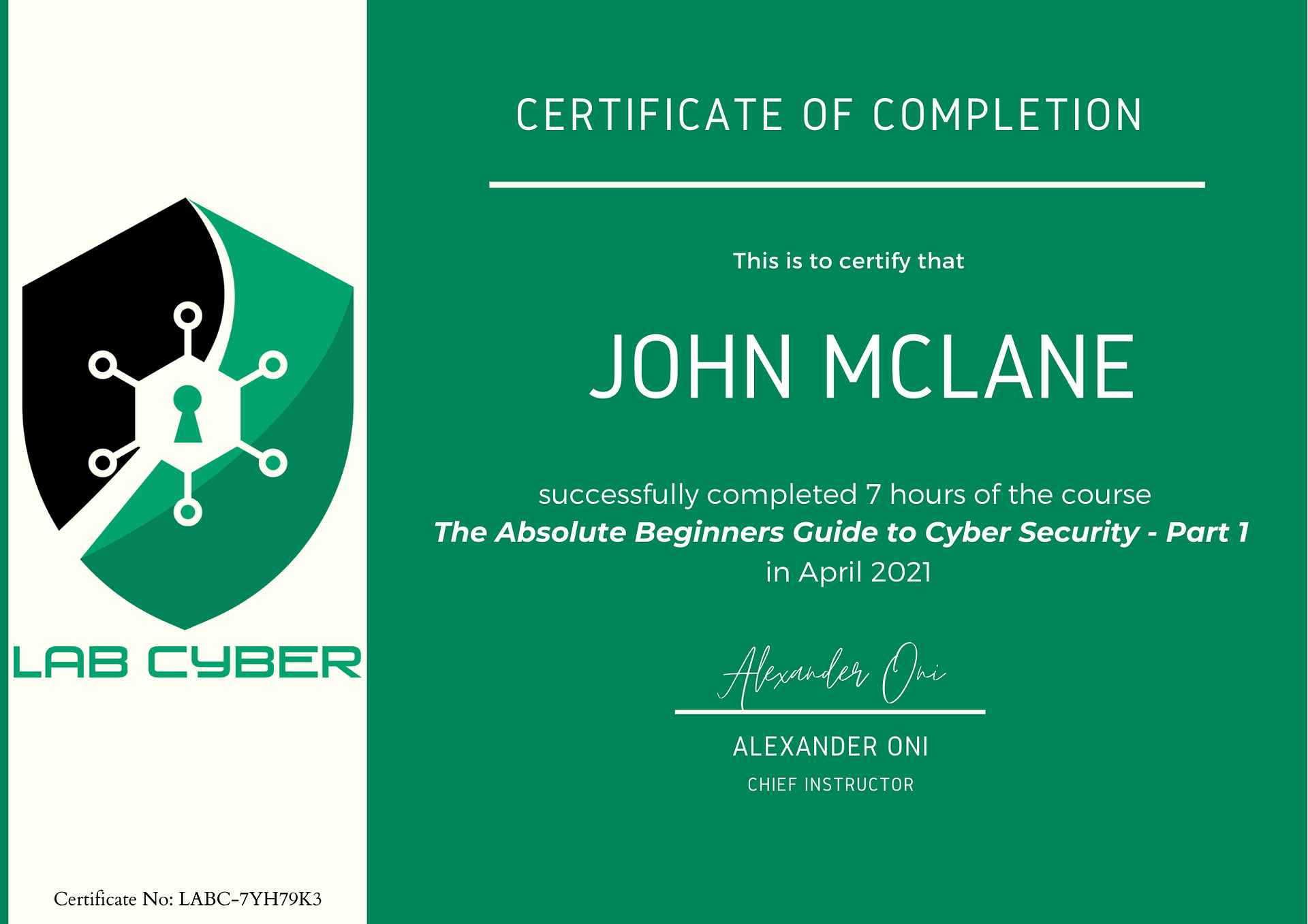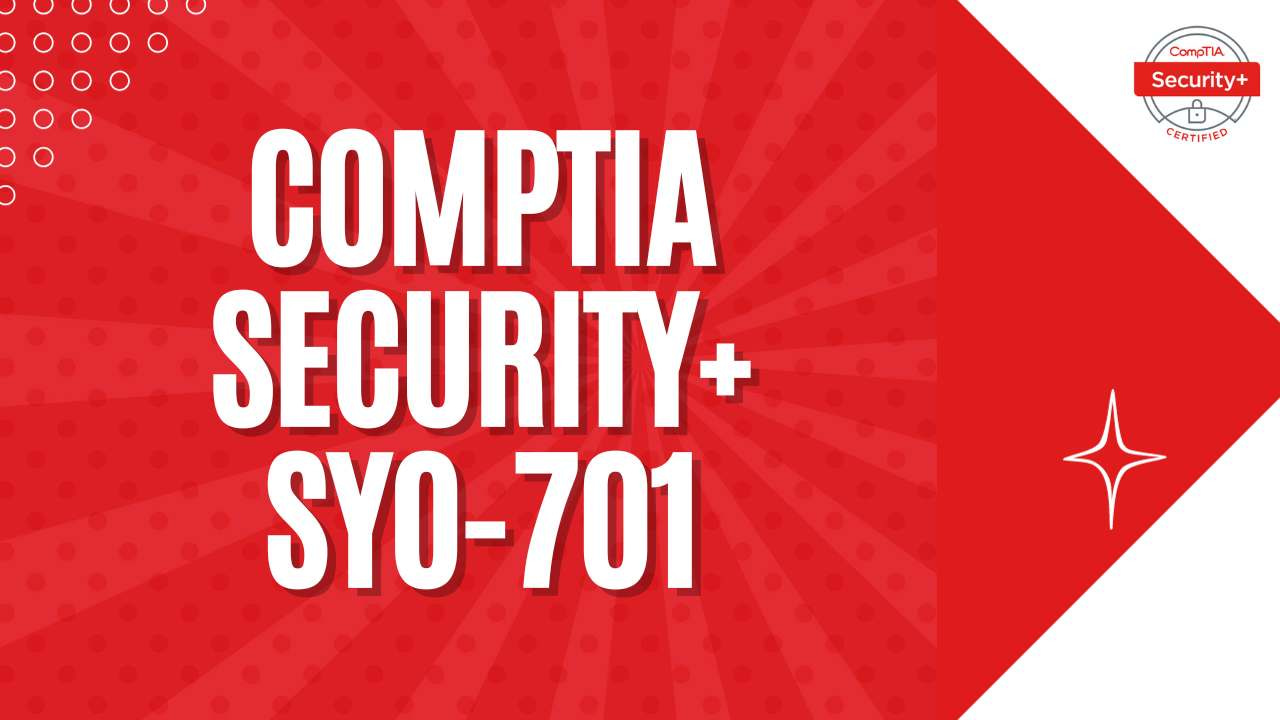The NIST 800-37 Risk Management Framework (RMF) is a comprehensive set of guidelines and best practices developed by the National Institute of Standards and Technology (NIST) to help organizations manage and mitigate information security risks effectively. This course is designed to provide participants with a solid understanding of the NIST 800-37 RMF and equip them with the necessary knowledge and skills to implement it within their organizations.
Throughout this course, participants will explore the fundamental principles of risk management as defined by NIST 800-37. They will gain insight into the underlying concepts, terminology, and objectives of the framework, allowing them to navigate its various components with confidence. Emphasis will be placed on understanding the risk assessment and mitigation processes, as well as the roles and responsibilities of key stakeholders involved.
Key Topics Covered:
- Introduction to NIST 800-37 RMF: Participants will receive an overview of the NIST 800-37 RMF, its purpose, and the importance of effective risk management in today’s digital landscape.
- NIST 800-37 RMF Framework Components: Participants will dive into the core components of the RMF, including categorization, selection of security controls, implementation, assessment, authorization, and continuous monitoring.
- Risk Assessment: Participants will learn how to identify, analyze, and prioritize risks using methodologies recommended by NIST 800-30. They will explore techniques for conducting risk assessments and documenting risk profiles.
- Security Control Selection and Implementation: This module will cover the process of selecting and implementing appropriate security controls based on the organization’s risk posture. Participants will gain insight into control families, baselines, and customization considerations.
- Security Control Assessment: Participants will acquire the knowledge and skills needed to conduct security control assessments, including assessing the effectiveness of implemented controls and identifying vulnerabilities and weaknesses.
- Authorization: This section will focus on the authorization process, where participants will learn about the requirements for granting system and information authorizations. Topics covered will include system documentation, security plans, and the security authorization package.
- Continuous Monitoring: Participants will understand the importance of continuous monitoring and its role in maintaining an effective security posture. They will explore monitoring strategies, incident response, and security assessment and documentation.
- Integration with Compliance and Standards: Participants will learn how the NIST 800-37 RMF aligns with other compliance frameworks and standards such as ISO 27001, HIPAA, and PCI DSS. They will understand how to integrate these requirements into their risk management practices.
- RMF Implementation Challenges and Best Practices: This module will address common challenges faced during the implementation of the NIST 800-37 RMF and provide participants with best practices and strategies for overcoming them.
By the end of this course, participants will have a solid understanding of the NIST 800-37 RMF and will be equipped with the knowledge and skills necessary to implement effective risk management practices within their organizations. They will be able to navigate the framework’s components, conduct risk assessments, select and implement appropriate security controls, and maintain a continuous monitoring and authorization process aligned with industry best practices.






